JONES LAW GROUPYour Lawyers for Life! Personal Injury Law Firm in St. Petersburg
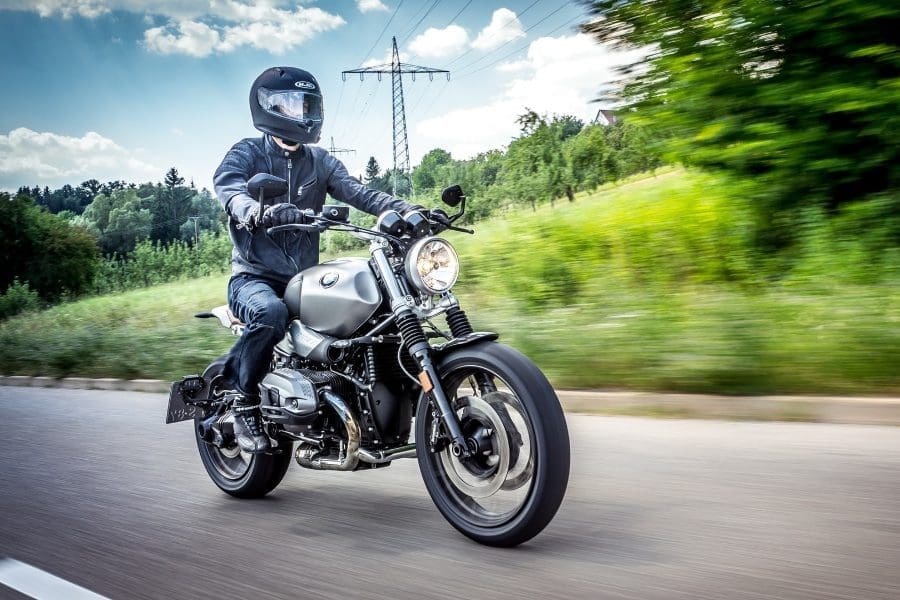
Motorcycle accidents are, unfortunately, all-too common occurrences on Florida roads. Drivers or four-wheel vehicles can be to blame in a lot of instances, but riders are also responsible in a lot of instances. But if motorcyclists take the right precautions, they’ll have a much better chance of avoiding potential disaster. The attorneys with Jones Law […]
Call our personal injury law office directly at (727) 512-9847
At Jones Law Group in St. Petersburg, FL, we would like to hear from you. Contact us for a free personal injury case consultation.
Call our personal injury law office at (727) 512-9847
Get educated on the Florida's personal injury laws and more.
Motorcycle accidents are, unfortunately, all-too common occurrences on Florida roads. Drivers or four-wheel vehicles can be to blame in a lot of instances, but riders are also responsible in a lot of instances. But if motorcyclists take the right precautions, they’ll have a much better chance of avoiding potential disaster.
The attorneys with Jones Law Group will be here for you if you’re involved in a motorcycle accident caused by the negligence of a motorist. We’ve been representing motorcycle riders for a long time, and we’ve helped them obtain a significant amount of money in compensation. You can rest easy knowing that we’ll be ready to provide you the skilled representation you need to have your best chance of winning your case.
Call (727) 571-1333 or contact us online for a free consultation.
We hope you never need to call on us, because we want you to be safe at all times when you’re on the road. Here are a few tips to help make sure that happens.
Wearing the right gear might make the difference between suffering a minor injury in an accident and suffering life-altering injuries – or even worse. Don’t get on a motorcycle unless you’re wearing boots that help protect your lower legs and feet, and a jacket strong enough to protect you from road rash. Jeans will also be a must, as well as a helmet with a visor that covers your entire face.
Florida weather can get incredibly hot and humid – we get it. But don’t ever sacrifice safety for comfort – ever. If you simply can’t bear getting on the road on a hot day, try riding early in the morning on closer to sunset, or just don’t ride at all.
You’ve probably heard or read about motorcycle accidents that occurred because a motorist couldn’t see the rider approaching. Drivers often say they had no idea a bike was even there when a collision occurred. Fortunately, there are quite a few things you can do to minimize the risk of this ever happening to you.
One approach you should consider using is to assume that you’re basically invisible to motorists. They can have a very hard time seeing bikes, so make sure you keep your headlight on, no matter what time of the day or night it may be. Also, put reflective decals on not only your clothing, but also your motorcycle. Stay out of car and truck blind spots, and try to flash your brake light before you stop and while you’re slowing down.
Maybe the most important thing you can do will be to plan ahead. If you’re coming on a group of cars and trucks and you can’t get around them, think about your escape route should a vehicle suddenly enter your lane.
True, Florida law doesn’t require motorcyclists to wear a helmet as long as they’re older than 18. But you should always wear one, whether you’re riding across the street or you’re just going to your local convenience store. It’s the most important piece of safety equipment you have, and could save you from a horrible injury should you be involved in an accident.
If you want to be as safe as possible when enjoying a ride, you need to be as alert as you possibly can. The first step toward doing that is to become familiar with Florida’s motorcycle laws.
When you’re on the road, constantly be scanning the road for any potential hazards. The farther in advance you see danger, the more time you’ll have to avoid it. Try to keep as much space between you and other vehicles as possible. If you’re tired, either stay home or get off the road and rest.
Intersections are especially dangerous for motorcyclists. Again, drivers often have a hard time seeing bikes. They’ll often turn right in front of a rider without having any idea they’re doing something wrong. When you get to an intersection, slow down – even if you know you have the right of way. Have an escape path in mind should you have to take evasive action.
This should go without saying, but a lot of motorcycle accidents occur because the rider was going too fast, or riding while impaired. Riders don’t have nearly as much protection from a collision as does someone surrounded by metal. When you’re on a bike, you’re exposed like no one else. The last thing you want to do is to increase the chances of an accident by speeding or riding while drunk or high.
It’s true that Florida thunderstorms can seemingly pop up out of nowhere, especially during the spring and summer. But most of the time, you’re going to have a pretty good idea when inclement weather is a possibility. If that’s the case, just stay home or use your car or truck to get to wherever you need to go.
Bad weather and motorcycles simply don’t mix. Drivers have a hard enough time seeing motorcyclists on a perfect day. If you’re trying to get down a highway in a blinding rainstorm, the chances of other motorists being able to see you will be nearly zero. The result could be a catastrophic accident.
Hopefully, these tips will keep you from ever being involved in a motorcycle accident. But if you are, the most important thing to do will be to get medical help as fast as you can. Call the police and get the contact information of any other motorists that were part of the collision. After you do all of that, contact your insurance company and tell them what happened.
You should also consider getting in touch with an attorney. There are a lot of biases out there against motorcycle riders. Even if you know you’re not to blame, these biases could jeopardize your case. But the attorneys with the Jones Law Group know how to deal with these biases and protect the rights of bikers. Learn more by using our online form or calling 727-571-1333.
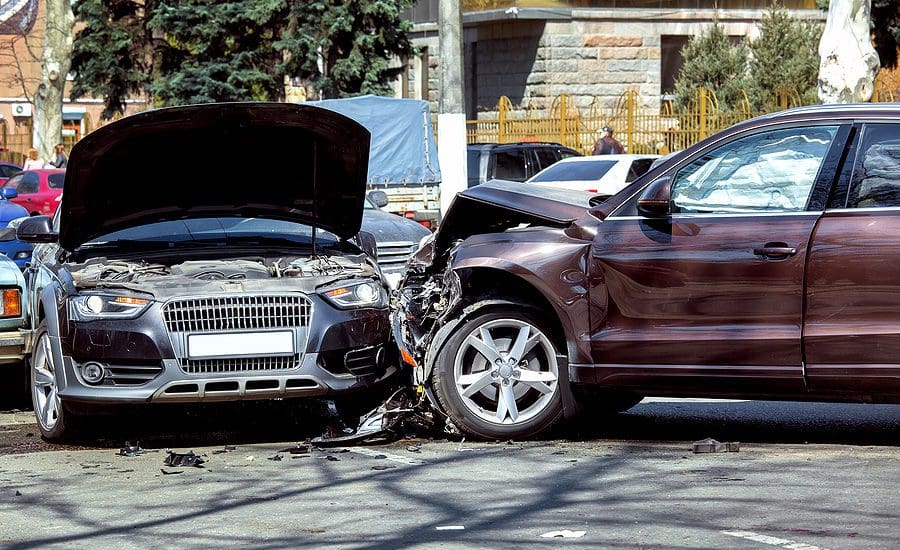
T-bone car accidents (or motorcycle accidents) are also known as side-impact collisions. The video below shows a t-bone car accident that resulted when one driver ran a red light. https://www.youtube.com/embed/zVzXEht1aMEAs you can see, car accidents involving a side-impact collision can be extremely violent and the injuries associated with t-bone car crashes are quite significant. Causes […]
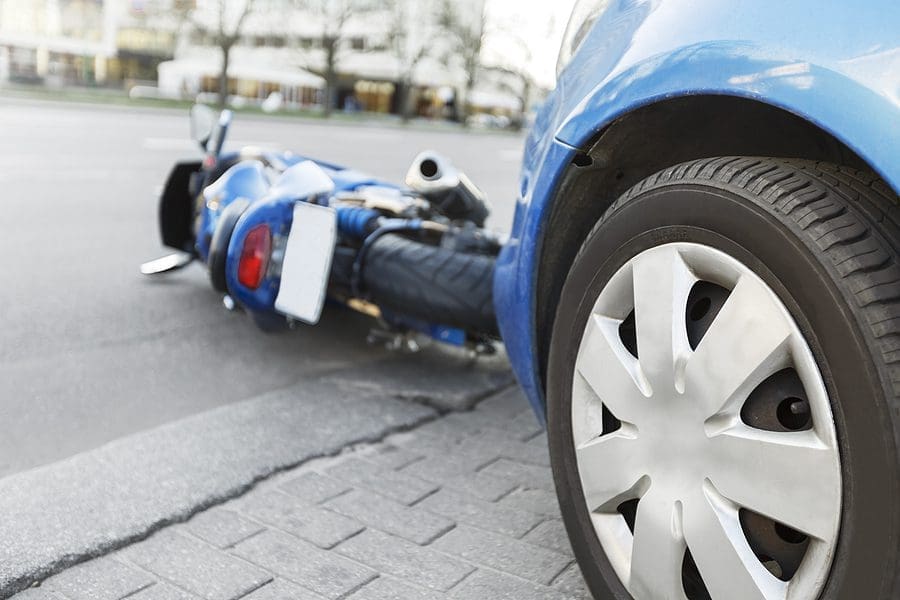
If you are injured in a motorcycle accident, you may be eligible for compensation for damages you incurred. Motorcycle accidents can cause severe injuries such as traumatic brain injury, spinal cord injury, and road rash. Motorcyclists don’t have as much protection as motor vehicle drivers do, so some types of injuries can be much more […]
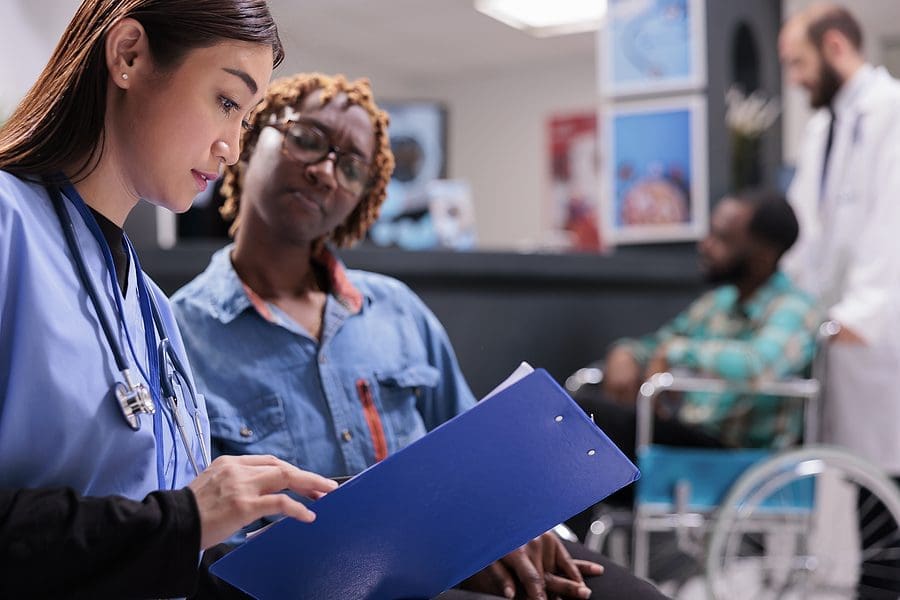
Long story short, no, it’s not okay. If you’ve been hurt in a car accident, you not only need to get medical help right away, you also need to follow the doctor’s advice. In fact, one of the biggest mistakes you could make would be not to go to the hospital after a car accident. […]
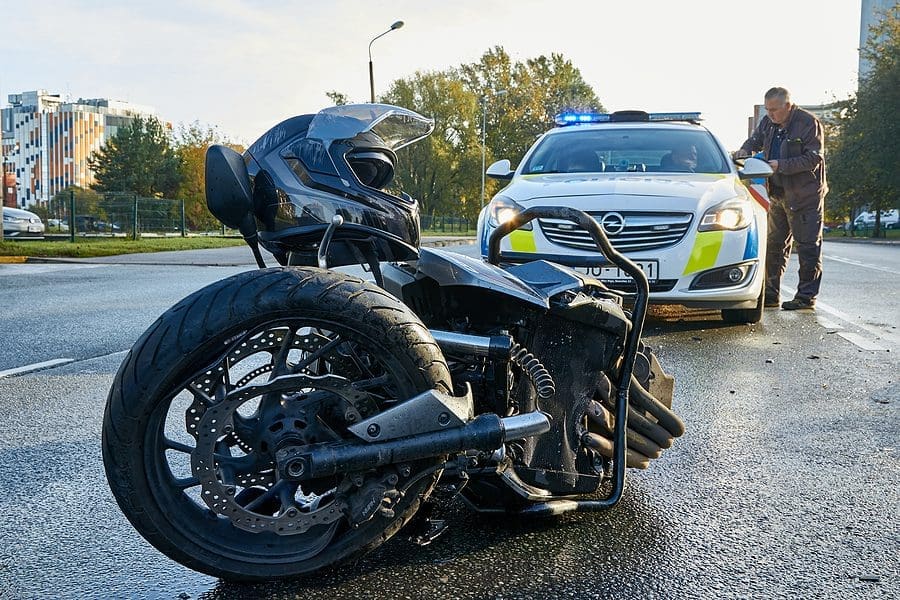
Motorcycle accidents can have devastating consequences, causing severe injuries and leaving a lasting impact on the lives of those involved. These accidents often result in physical and mental disabilities, affecting the victim’s quality of life, financial stability, and overall well-being. The following is a closer look at just some of these terrible impacts. The attorneys […]

Road Rage and Aggressive Driving Lead to Senseless Injuries Not too long ago, I wrote an article on aggressive driving and road rage. However, it is in the news again and I felt compelled to comment on that situation.[1] The recent road rage incident did not occur in Florida, but in Las Vegas, Nevada. According […]

Missed work after a car accident in Florida? Learn how to prove lost wages and future earning capacity with a real case example. Free consultation with Jones Law Group.
Speak with us before time runs out! In Florida, you have a limited window to file a personal injury case, so speak to an Attorney today.
Call our personal injury law office directly at (727) 512-9847
Jones Law Group is a dedicated personal injury lawyer in St. Petersburg, FL, serving the Tampa Bay area since 2006. Our experienced attorneys specialize in car accidents, slip and fall cases, employment law disputes, construction law issues, and overtime wage claims, fighting for maximum compensation on a contingency fee basis. Contact us for a free consultation to discuss your case.
Call our personal injury law office at (727) 512-9847
© Copyright 2006–2025 Jones Law Group Attorneys at Law. All rights reserved. Privacy Policy Terms of Use
Attorney Advertising.
The information on this website is for general information purposes only. Nothing on this site should be taken as legal advice for any individual case or situation. This information is not intended to create, and receipt or viewing does not constitute, an attorney-client relationship. Past results do not guarantee similar outcomes.
Are you injured or wronged and interested in a consultation? Fill out the form for a free consultation with us.